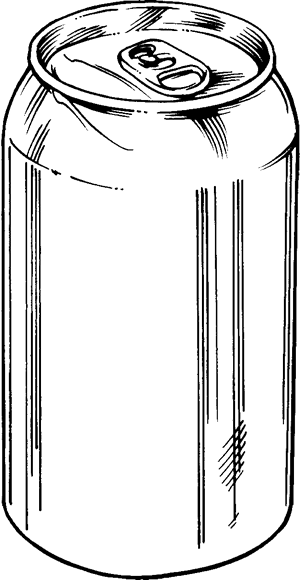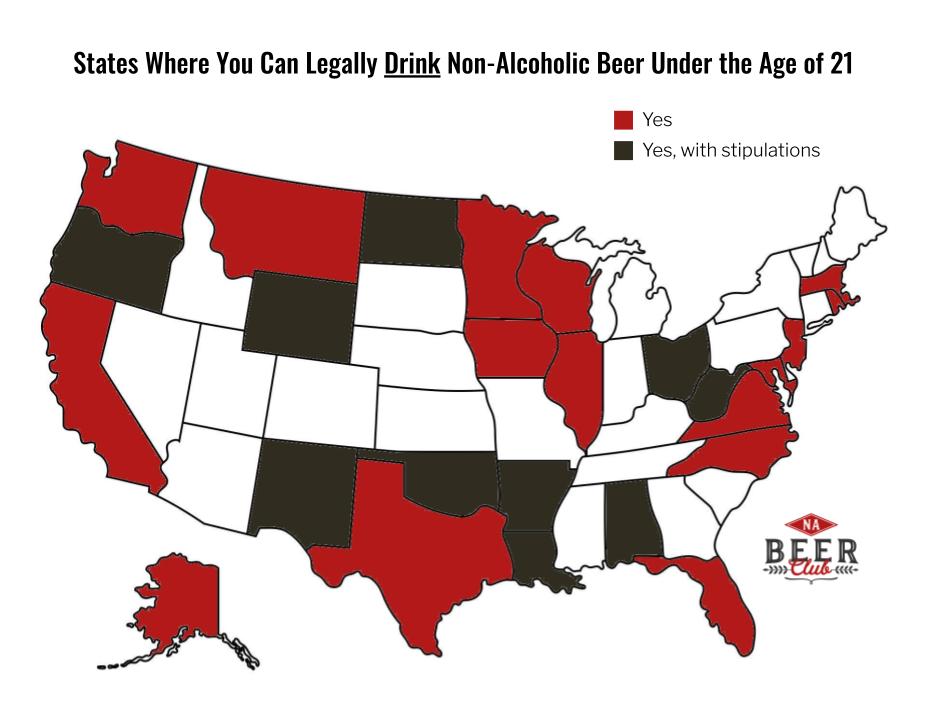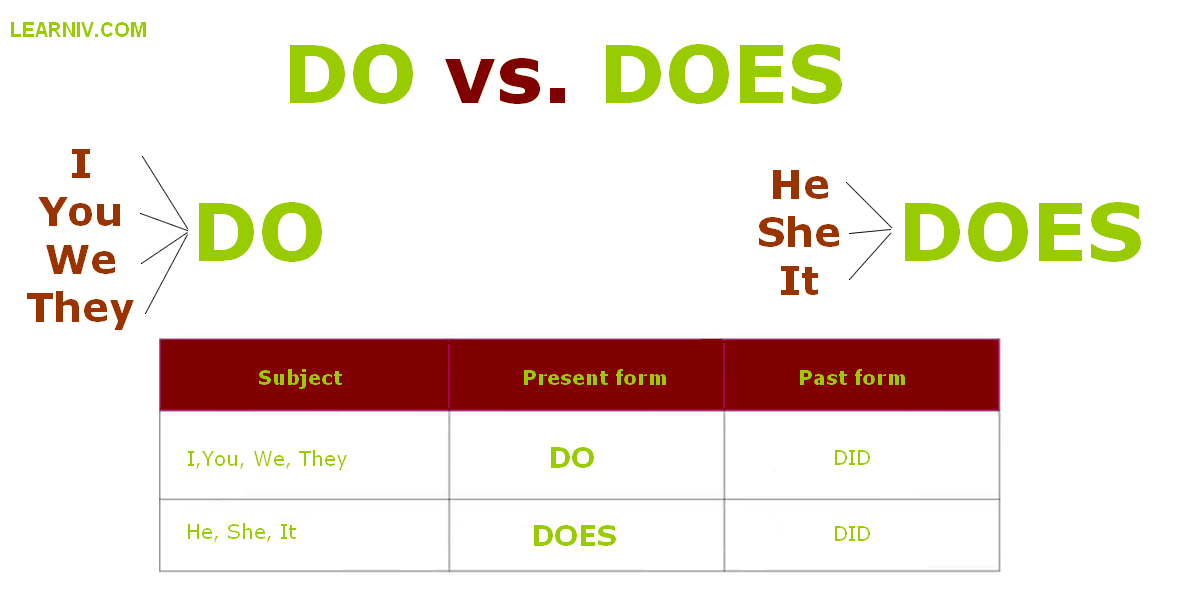How to Remove or Suppress Negative News Articles from Google Search
Understanding the Challenge of Negative News Articles in Google Search
Negative news articles on Google Search can have a significant and lasting impact on your personal or professional reputation. Once published, these stories often appear prominently in search results, influencing opinions of employers, clients, and colleagues. While Google does not own or control third-party news content, there are actionable strategies you can take to remove, suppress, or minimize the visibility of these articles. This guide explains your options, provides step-by-step instructions, and addresses potential challenges you may encounter along the way.

Source: slazzer.com
Step 1: Document Every News Article and Its Online Presence
The first step in addressing negative news coverage is to identify
every
version and republication of the article. News stories are often syndicated and may appear on multiple websites. To ensure a comprehensive approach:
- Use Google Search in incognito mode to avoid personalized results and search for your name, business, headline, and related keywords.
- Document the URLs of all negative articles and their variations.
- Look for republished or aggregated versions on other news sites or blogs.
This comprehensive inventory will help you target all relevant content, not just the original publication. [3]
Step 2: Request Removal Directly from the Publisher
The most effective way to remove a news article from Google Search is to have it deleted at the source. This process, known as “unpublishing,” involves contacting the news outlet or website where the article appears. Here’s how to approach this:
- Find the appropriate contact, such as the editor, webmaster, or author, often listed on the publication’s contact page.
- Politely explain your reasons for requesting removal, providing context such as outdated information, factual inaccuracies, expunged records, or ongoing harm to your reputation.
- If the article involves legal issues or expunged criminal charges, provide relevant documentation.
- Follow up if you do not receive a response within a week.
News organizations may be more receptive if you present a compelling, respectful case and align your request with their editorial standards and values. [1]
What If Complete Removal Isn’t Possible?
Many news outlets are reluctant to delete published stories, especially for public interest reasons. However, there are alternative solutions you can propose:
- Anonymous editing: Request the removal of personally identifying information from the article.
- Noindex tag: Ask the publisher to add a “noindex” meta tag to the article’s HTML code. This prevents Google from displaying the article in search results, even though it remains online. [2]
- Corrections or updates: Request factual updates or clarifications to minimize reputational harm.
These options allow news organizations to maintain journalistic integrity while addressing your concerns.
Step 3: Suppress Negative News by Promoting Positive Content
If removal or de-indexing is not possible, you can minimize the article’s visibility by promoting positive content about yourself or your business. This process, known as
online reputation management
or
suppression
, involves:
- Creating and optimizing personal or business websites.
- Publishing positive press releases, blog posts, and articles on reputable platforms.
- Building active profiles on social media and professional networking sites.
- Encouraging satisfied clients or partners to post positive reviews or testimonials.
Over time, this content can outrank negative news stories in search results, pushing them lower or off the first page. [2]
Step 4: Legal and Privacy Considerations
In some cases, you may have legal grounds to request removal from Google Search directly. For example, the European Union’s “right to be forgotten” allows individuals to request removal of certain personal information under specific circumstances. However, these laws typically do not apply in the United States, except for narrow privacy or defamation cases.
If you believe the article contains false information, libel, or violates your legal rights, you may consider consulting an attorney with experience in internet law. An attorney can advise on potential claims and help communicate with publishers effectively. [1]

Source: hitpaw.kr
Step 5: Requesting Removal from Google Under Special Circumstances
Google may remove content from its search results in limited situations, such as when the content contains sensitive personal information (like Social Security numbers, bank account details, or explicit images shared without consent). To request removal in these cases:
- Visit Google’s official support site and search for “Remove information from Google.”
- Follow the instructions to submit a request for removal of sensitive personal content.
- Provide the exact URLs and details required by Google for evaluation.
It is important to note that Google rarely removes news articles solely on the basis of reputational harm unless they meet its strict content removal policies. [4]
Alternative Approaches and Challenges
Some negative news stories may be impossible to remove. News organizations are generally protected by freedom of the press, and Google prioritizes news sources in its algorithms. However, persistence and a multi-pronged approach often yield results. If you’re unable to secure removal, consider these strategies:
- Work with a reputable online reputation management firm experienced in news article suppression. Research thoroughly and verify credentials before engaging any service provider.
- Monitor your online presence regularly and keep documentation of all communications and actions taken.
- If you are facing ongoing harm, seek legal counsel to explore advanced remedies or potential negotiations with publishers.
Summary and Key Takeaways
Dealing with negative news articles in Google Search requires a combination of direct requests, technical solutions, and reputation management. While complete removal is sometimes possible, more often you will need to pursue alternative strategies such as de-indexing or suppression. With patience, professionalism, and a strategic approach, you can significantly reduce the impact of damaging online content.
References
- [1] Minc Law (2025). How to Remove a News Article from Google Search and the Internet.
- [2] Affordable Reputation Management (2025). Remove News Articles From Google.
- [3] Crazy Egg (2025). 5 Easy Steps to Remove News Articles From The Internet.
- [4] Google Support (2025). Remove content from Google News.
MORE FROM searchcritic.com













